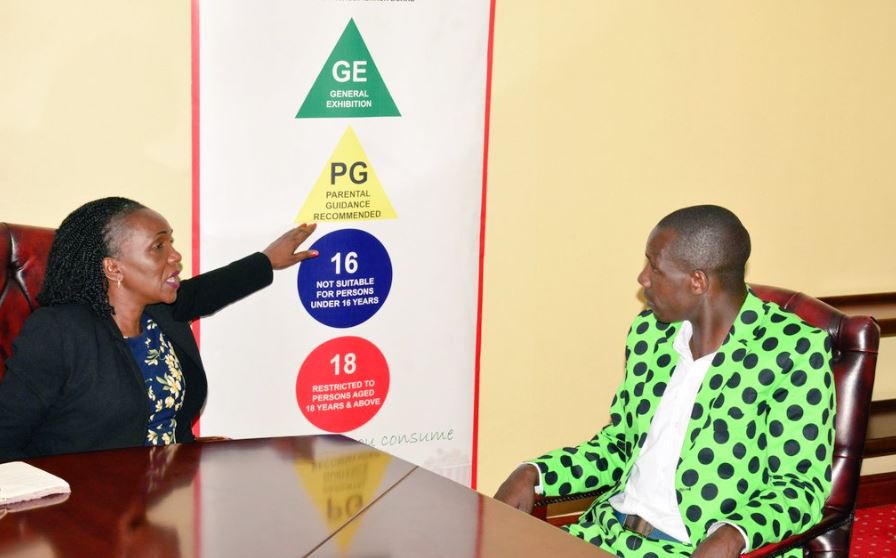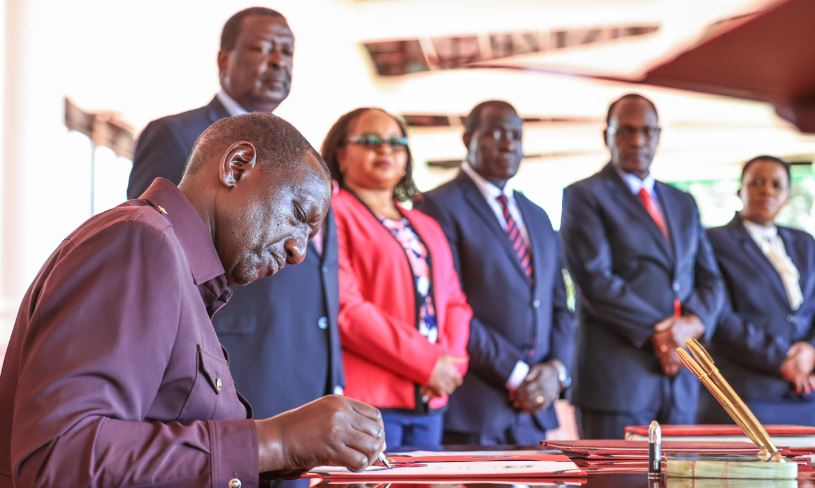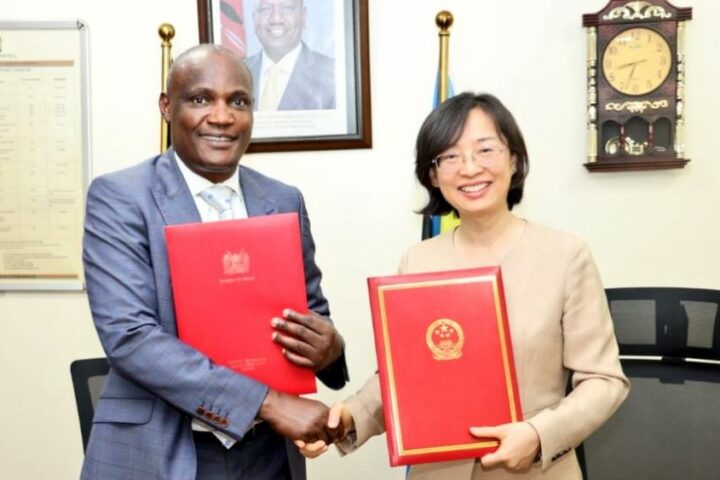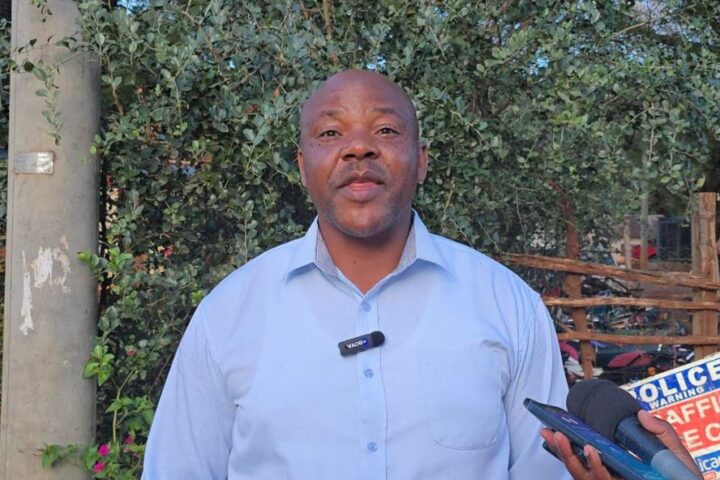 On Monday, March 4, the High Court in Kisumu rejected a petition challenging the advancement of the Affordable Housing Bill, granting Parliament the authority to proceed with its implementation.
On Monday, March 4, the High Court in Kisumu rejected a petition challenging the advancement of the Affordable Housing Bill, granting Parliament the authority to proceed with its implementation.
Kisumu-based activist Lawrence Opiuo had contested the process, alleging that the National Assembly was unduly and exceptionally expediting the legislation of the Affordable Housing Act, neglecting the necessary public participation.
Omule Apiyo listed the Attorney General, the Cabinet Secretary for Lands, and the National Assembly as respondents. He requested a declaration that the expedited process of the Affordable Housing Bill, 2023, without sufficient and meaningful public participation and consideration of the special needs of the marginalized, was unlawful and unconstitutional.
The Attorney General and Housing PS Charles Hinga opposed the petition, arguing that it was an affront to derail a constitutional process and, therefore, unconstitutional.
The Court heard that National Assembly Majority Leader Kimani Ichung’wah presented the Bill in Parliament on December 4, 2023, and it underwent its first reading on December 7, 2023.
Following this, on December 9, 2023, the public was invited to physically submit their comments about the Bill to Parliament Buildings in Nairobi or send them through a provided email address, with a deadline set for December 28, 2023.
The Kisumu court, in its ruling, declared the petition premature, emphasizing that it had presumed the National Assembly’s intent to conduct the exercise through a single mode, specifically the submission of memoranda.
“The third respondent (National Assembly) cannot be faulted for the manner in which it has conducted public participation in respect of the Affordable Housing Bill No 75 of 2023,” the judgement read in part.
Justice Mwanaisha Shariff additionally observed that public hearings and consultations with stakeholders and experts concluded on January 30, stating that the court would not interfere with the legislative-making process.
“This court finds that the public participation conducted by the national assembly was effective and conditionality compliant,” the court ruled.








